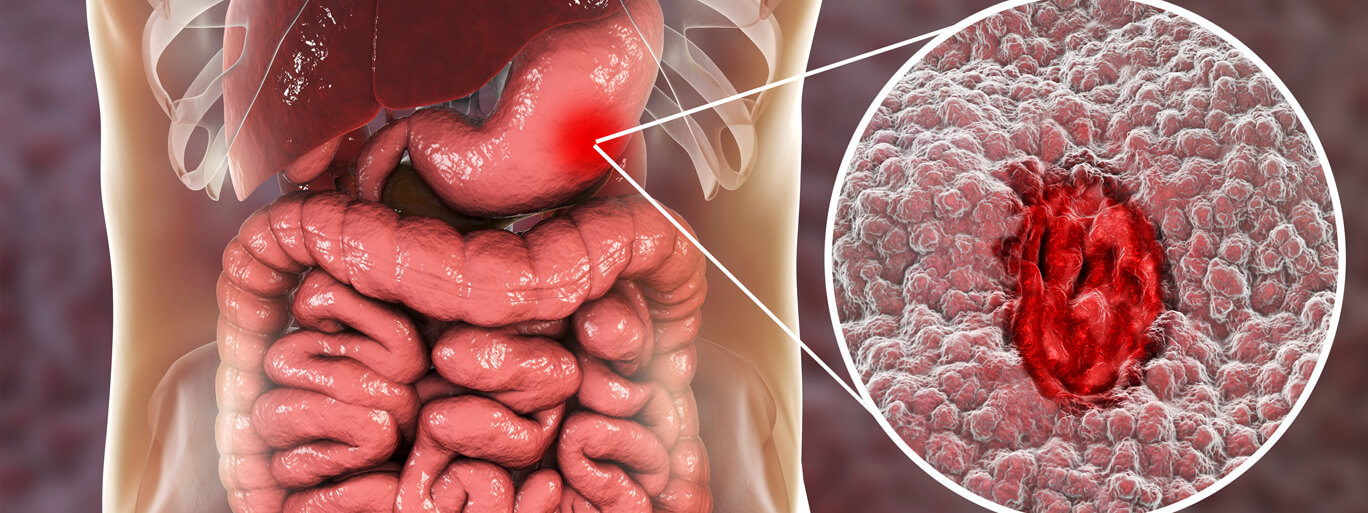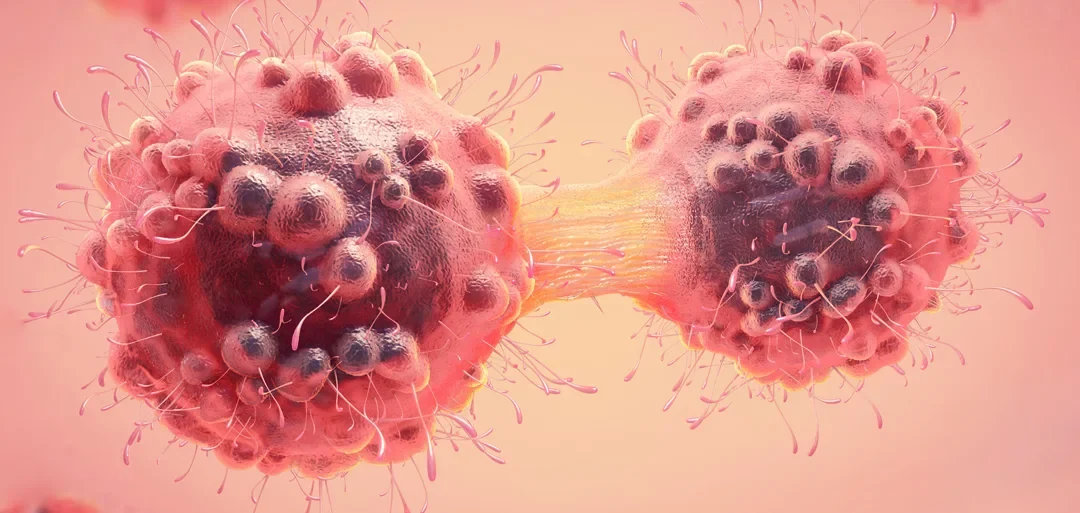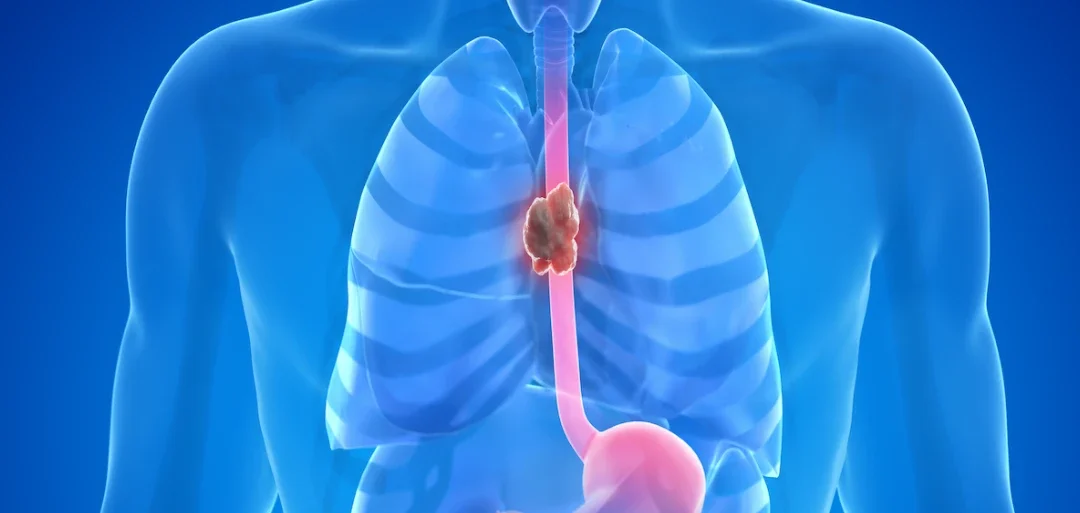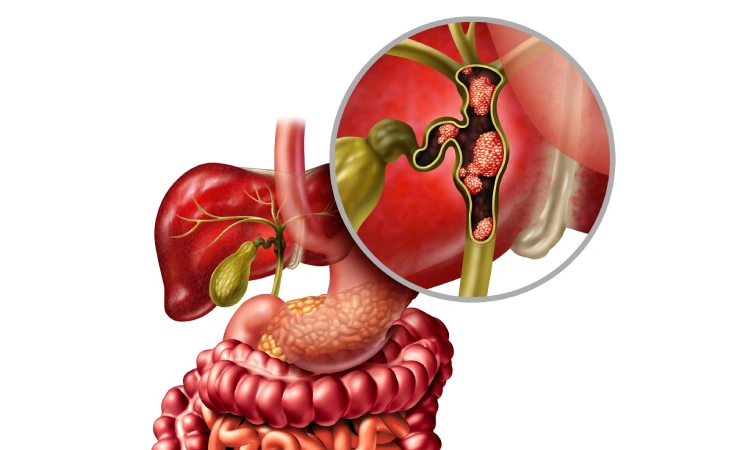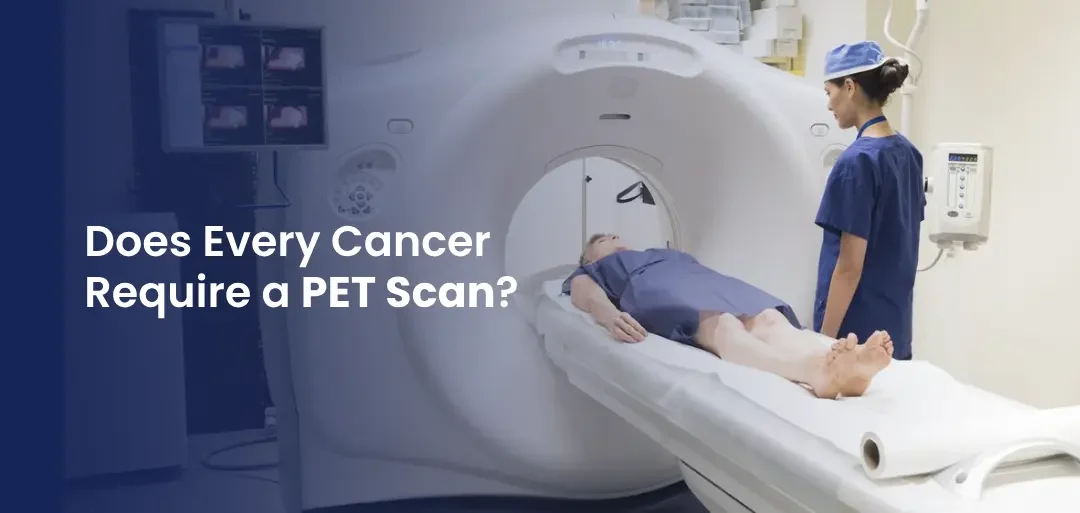Stomach cancer, which is also called Gastric cancer is one of the most commonly occurring cancers in India. Most of the time gastric cancers present with very vague symptoms like just loss of weight, a loss of appetite, early fullness after meals, drop-in hemoglobin which is unexplained, or a lump in the abdomen.
While stomach cancer is extremely common in Southeast Asian countries because of their dietary habits, especially the consumption of smoked fish, we really do not know the cause of this cancer in the Indian population.
One of the causes is H pylori infection which is fairly common in the Indian population. Early treatment of H pylori infection can help reduce the incidence of gastric cancer.
While H pylori infections predominantly cause distal gastric cancers, there is a rising incidence of proximal gastric cancers, especially in urban India.
This is similar to the patterns which are seen in the western world because of obesity, metabolic syndrome, and poor dietary habits including consumption of a fatty and carbohydrate-rich diet.
An upper GI endoscopy and biopsy is the best method to diagnose gastric cancer. A CT scan is also always performed in order to stage the disease accurately. Many gastric cancers do not show uptake on PET scans, hence it may not be a very reliable modality of investigation.
The treatment of choice for gastric cancer is surgery if the disease is limited to the stomach and not spread elsewhere. A complete D2 lymphadenectomy is recommended.
Many patients with locally advanced diseases would need chemotherapy first followed by surgery. Unfortunately, a vast majority of gastric cancers present in a late stage and are candidates for only palliative chemotherapy or palliative care.
Early diagnosis and prompt treatment are the only ways to treat gastric cancer successfully.

